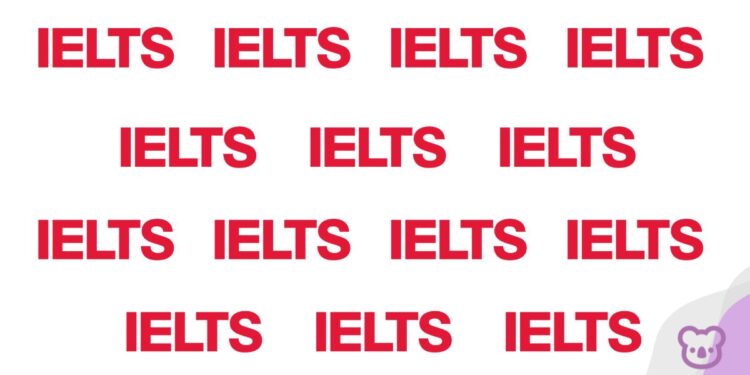An unexpected technical issue has forced the global English-language testing provider IELTS to revise a number of test results issued between August 2023 and September 2025.
A spokesperson for IELTS confirmed the incident:
“IELTS recently identified an issue that led to a small proportion of test takers receiving incorrect results between August 2023 and September 2025. Over 99 % of IELTS tests during this time period were unaffected and there are no continuing issues with current IELTS tests.
“We have contacted affected test-takers to provide updated results, to offer our sincere apologies, and to provide appropriate support. We have also contacted relevant Recognising Organisations.
“This was the result of a technical issue which affected a small number of listening and reading components of some IELTS Academic and General Training tests.
“We have strict quality control procedures in place to protect the integrity of the millions of IELTS tests we administer each year and have taken all necessary steps to prevent this issue from happening again.”
What happened — and who’s affected
According to IELTS, the technical fault affected only the listening and reading components of some tests in the Academic and General Training streams. It did not affect the majority of tests — over 99 % of results in the period are said to have been unaffected.
Though the exact number of impacted test-takers has not been publicly detailed, commentary from education-sector observers suggests that even under 1% of administrations over a roughly 25-month period could still amount to a sizable number of candidates worldwide.
IELTS has advised that anyone who took a test in that period and has concerns should check their result notification email or contact their local test centre for confirmation of any revision.
For many test-takers, the stakes for their IELTS score are high — whether for university admission, professional registration or visa/migration purposes. A change in band score can make a difference between meeting or missing requirements.
Some affected candidates have reported via online forums that their reading or listening component scores changed by as much as 0.5 band (or more) upon revision. For those whose overall band score or component scores were key to an application process — such as a scholarship or visa — the timing of the correction may be critical.
IELTS says it has:
- notified affected candidates and recognised organisations (such as universities, professional bodies, visa/employer institutions) about the changes.
- offered appropriate support to impacted individuals.
- explicitly stated there are no ongoing issues with current test administrations and that their quality control processes have been reinforced to prevent future recurrence.
- if scores have been corrected as a result of this issue, candidates can either have a full refund for the test taken or have the option to retake the test, free of charge.
- provided a publicly-available FAQ and support page for test-takers who wish to check if they were affected.
What test-takers should do
If you sat the IELTS Academic or General Training test between August 2023 and September 2025, you should:
- Check your email (including spam/junk folders) from IELTS or your test centre for any notification of score revision.
- Log into your candidate account or contact your test centre if you suspect you may be impacted and have not been notified.
- If your result was revised downward and you used the original score for an application, contact the institution (university, employer or visa authority) to explain the update.
- Retain documentation of both the original and revised results — for clarity and any future reference.
- Stay alert to any communications from recognising bodies (universities, professional registration agencies, immigration bodies) about how they will treat the revised results.
Why this matters globally — and in Australia
Australia is among the destinations where IELTS scores are heavily relied on for university entry, professional registration (e.g., healthcare, engineering) and migration pathways. Any uncertainty in test-results integrity is therefore a concern across the student and migration-applicant community. While the fault appears to be largely resolved and affects only a small minority of tests, the ripple effects for those impacted may be significant.
For Australian institutions and recognising bodies, the incident highlights the importance of verifying score authenticity and maintaining clear communication with applicants whose results may change retrospectively.
For more information, see here.

















